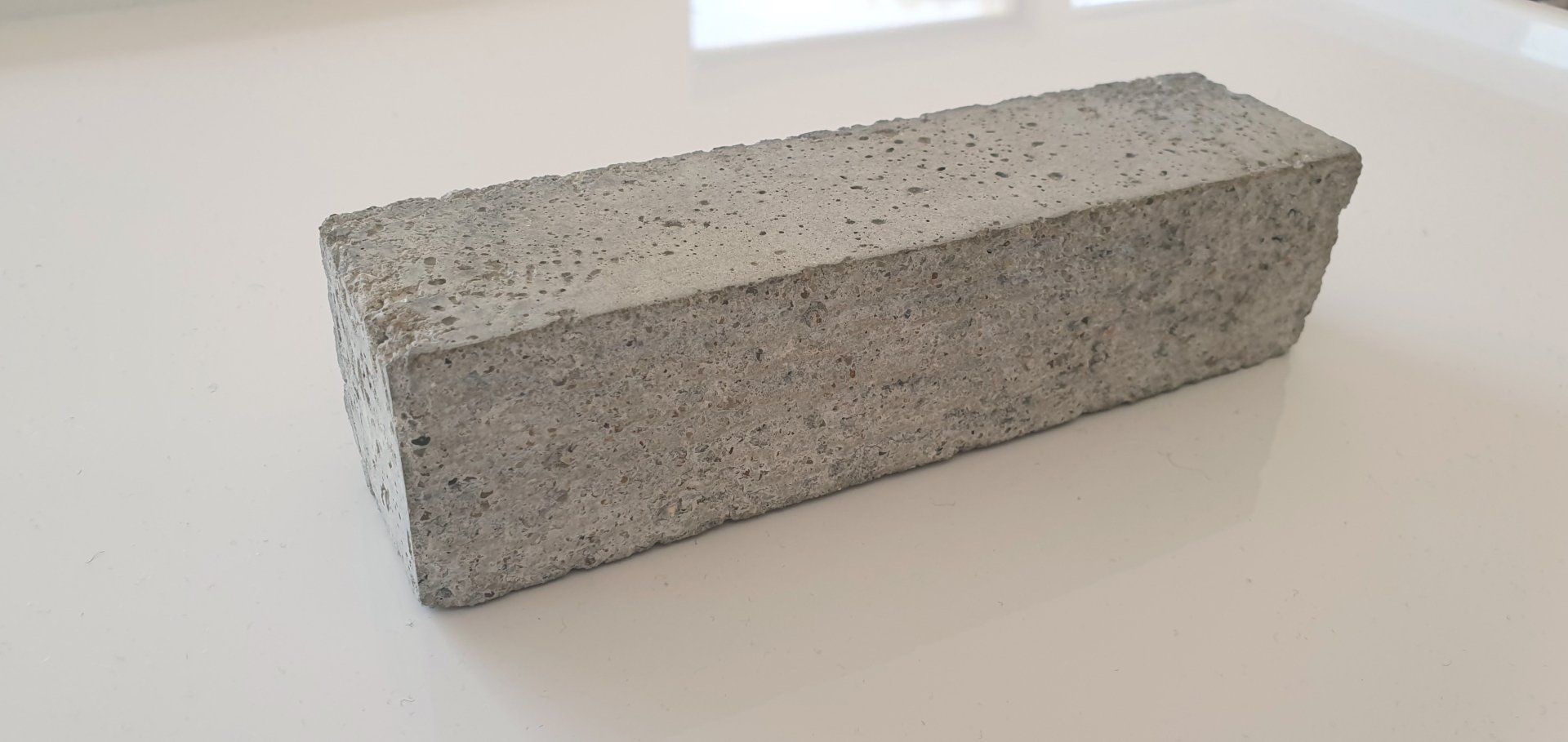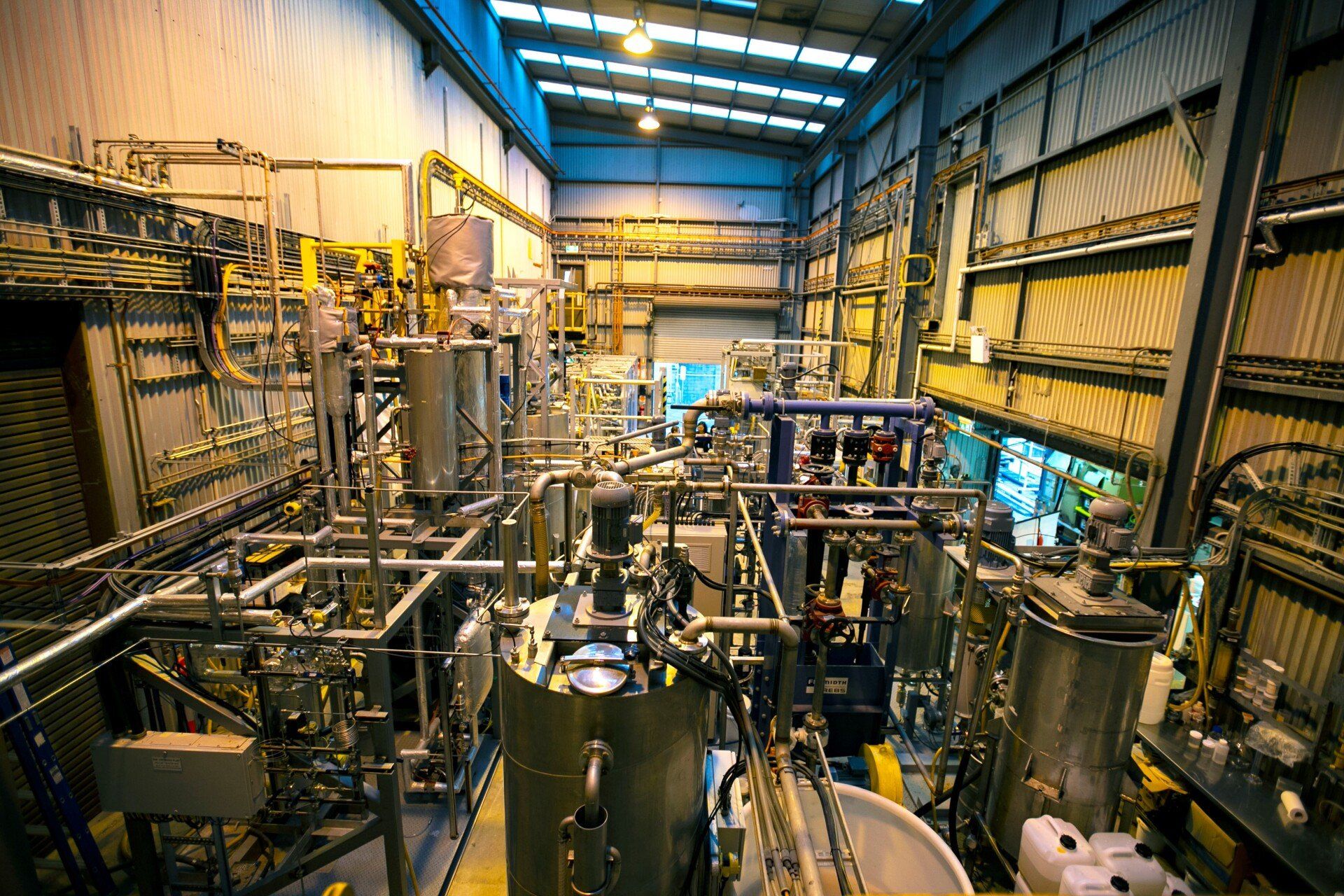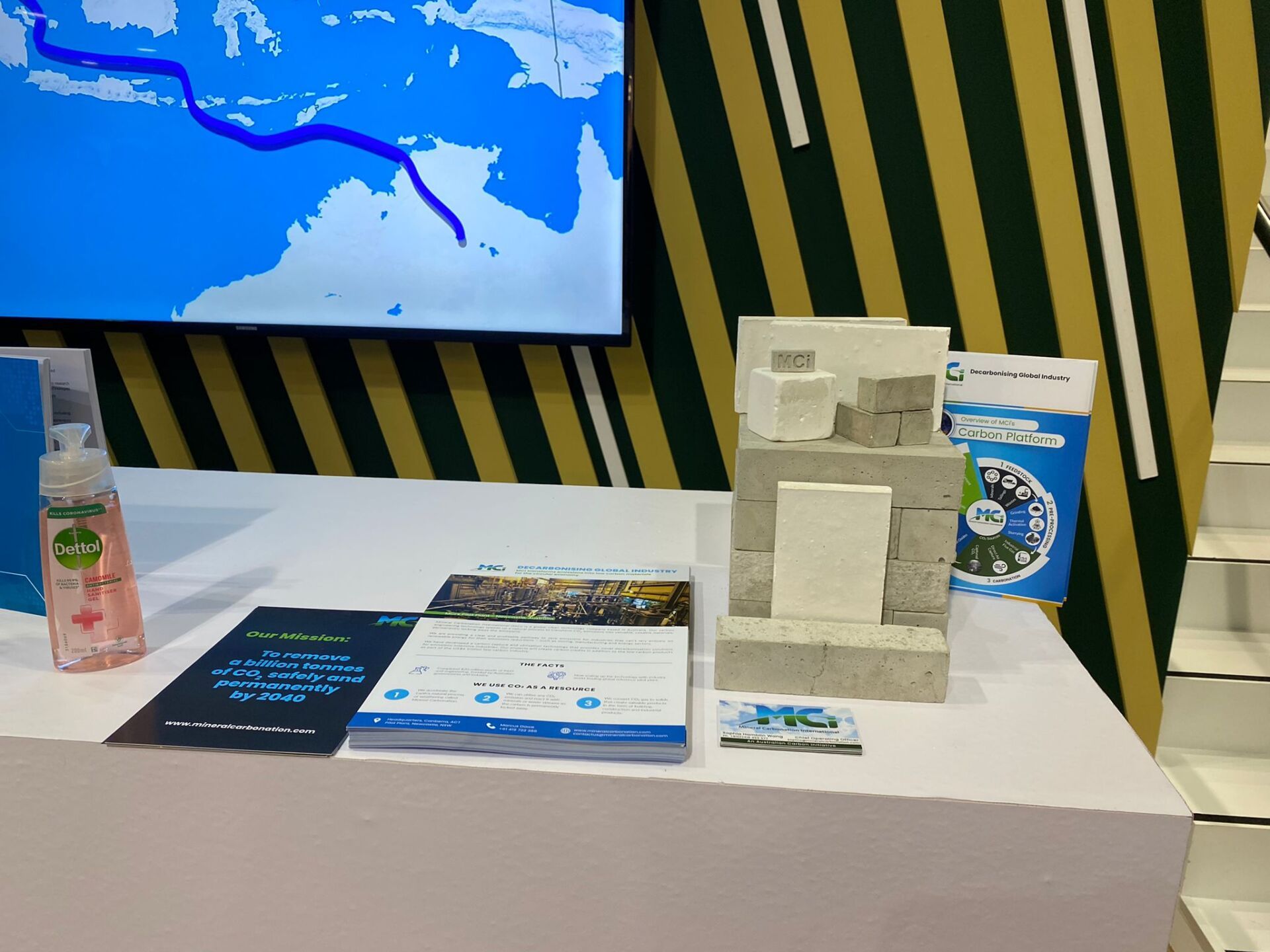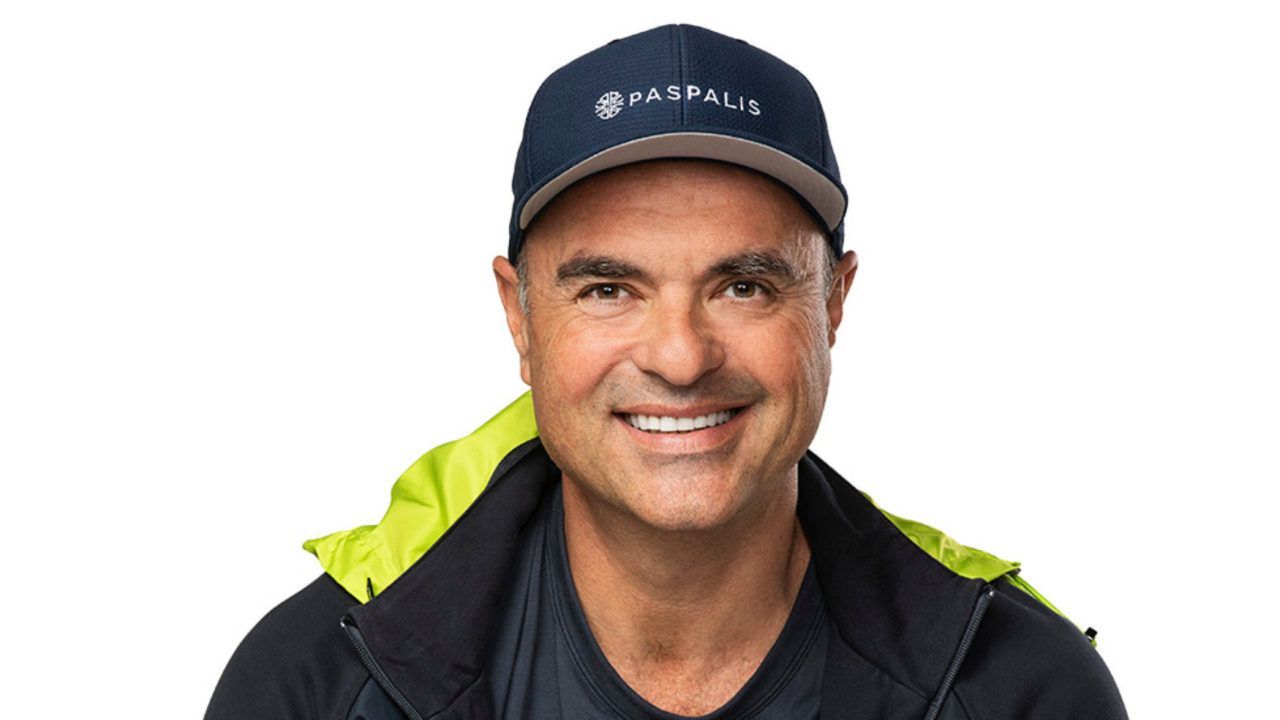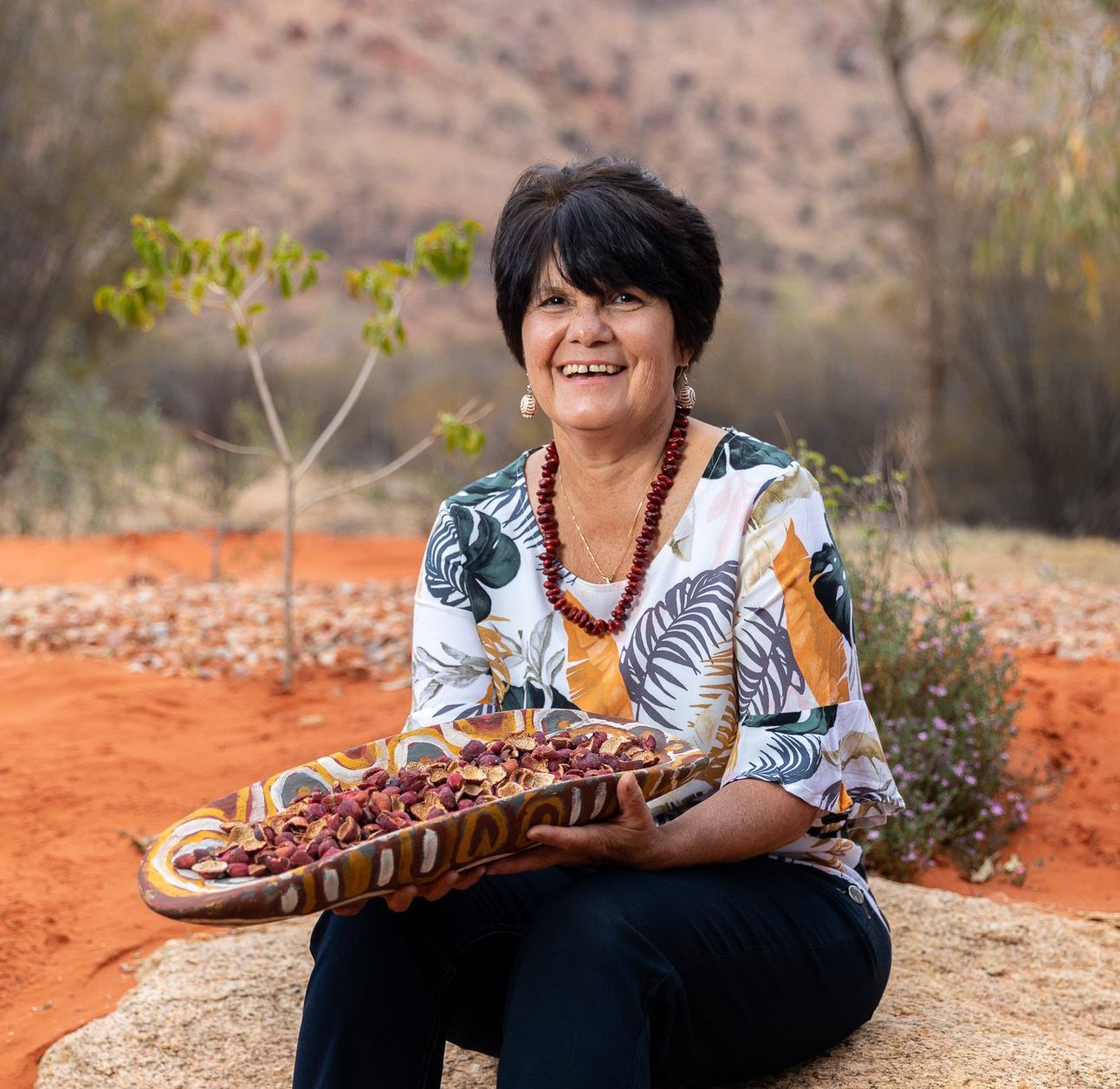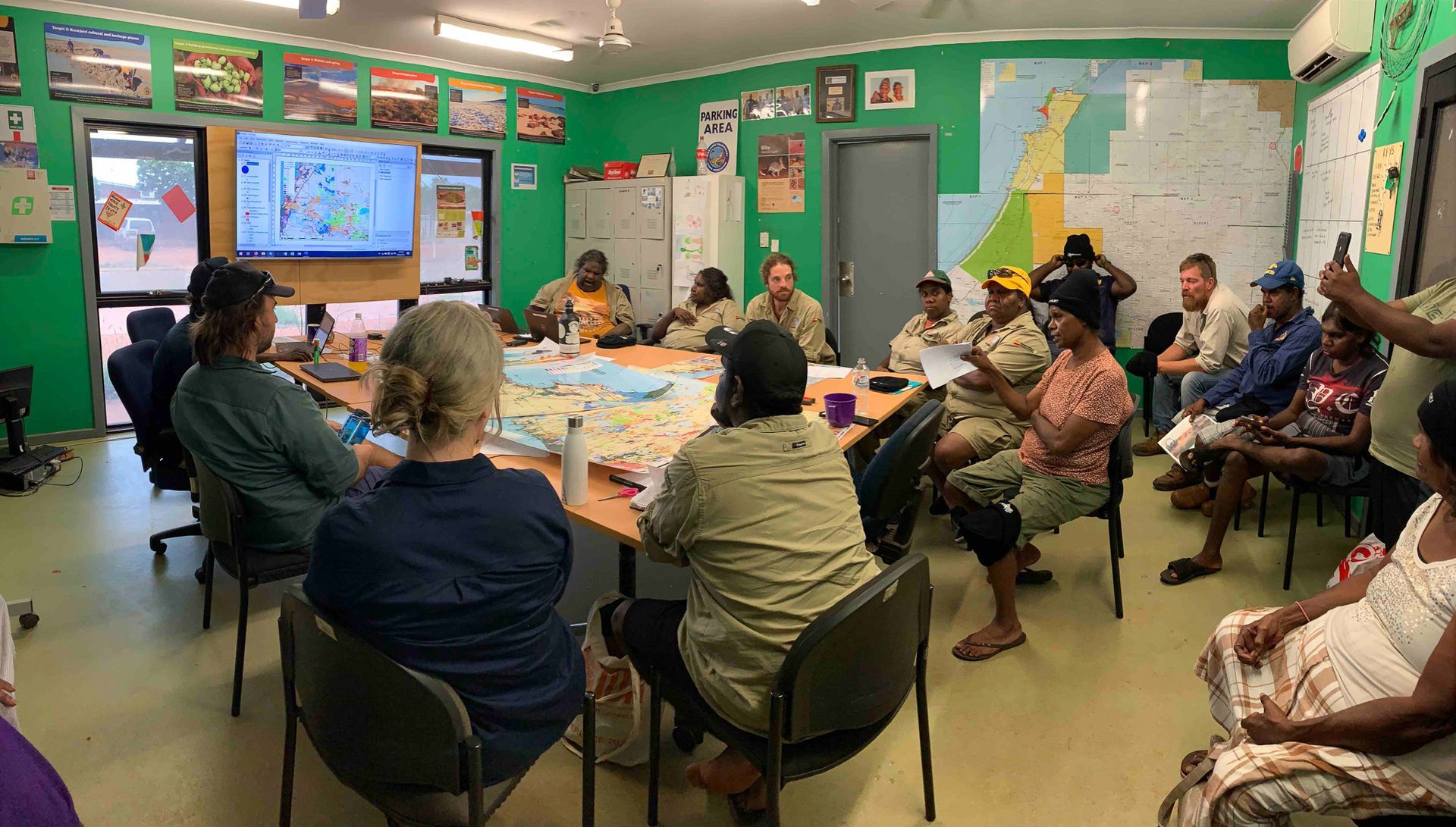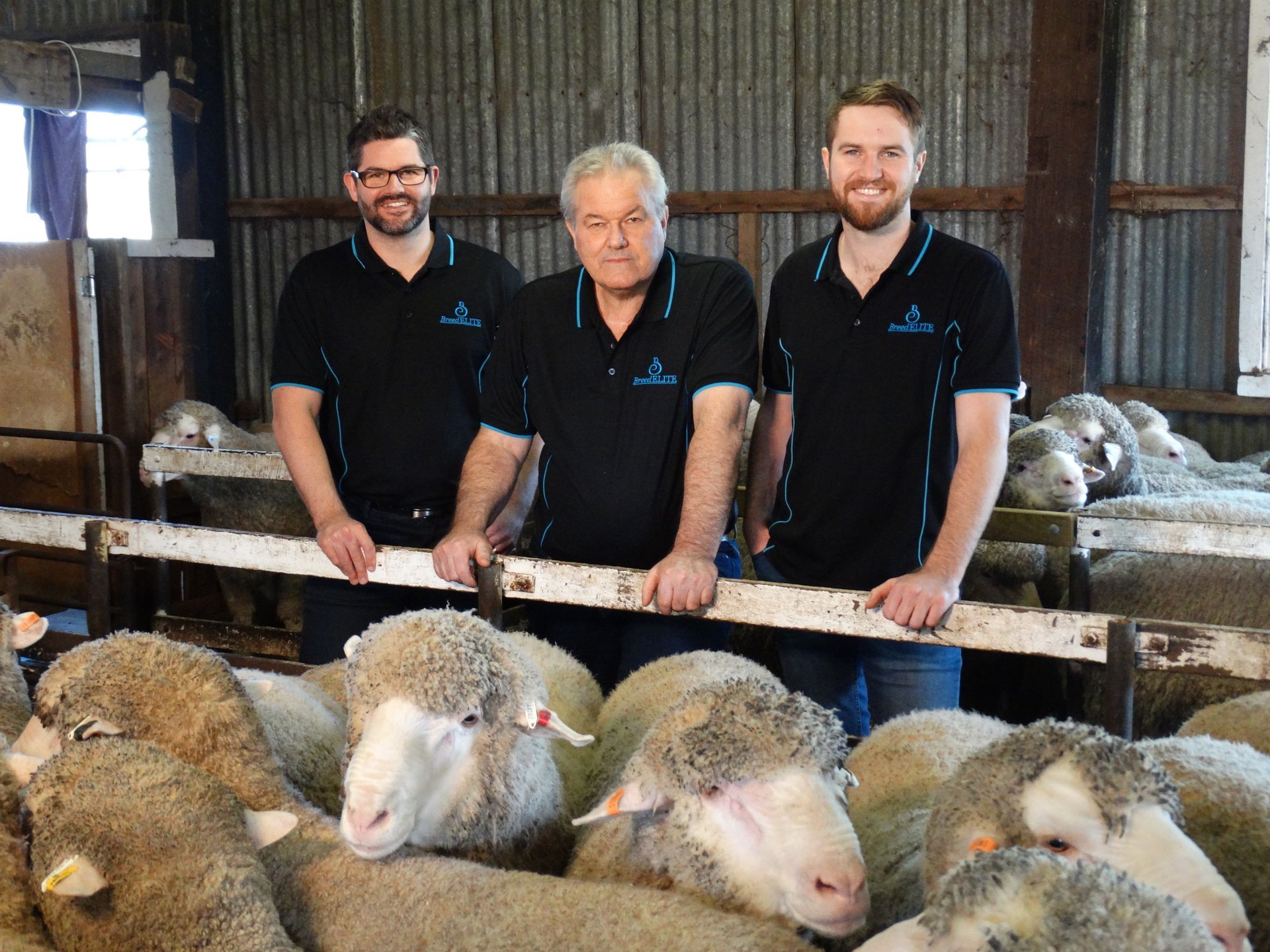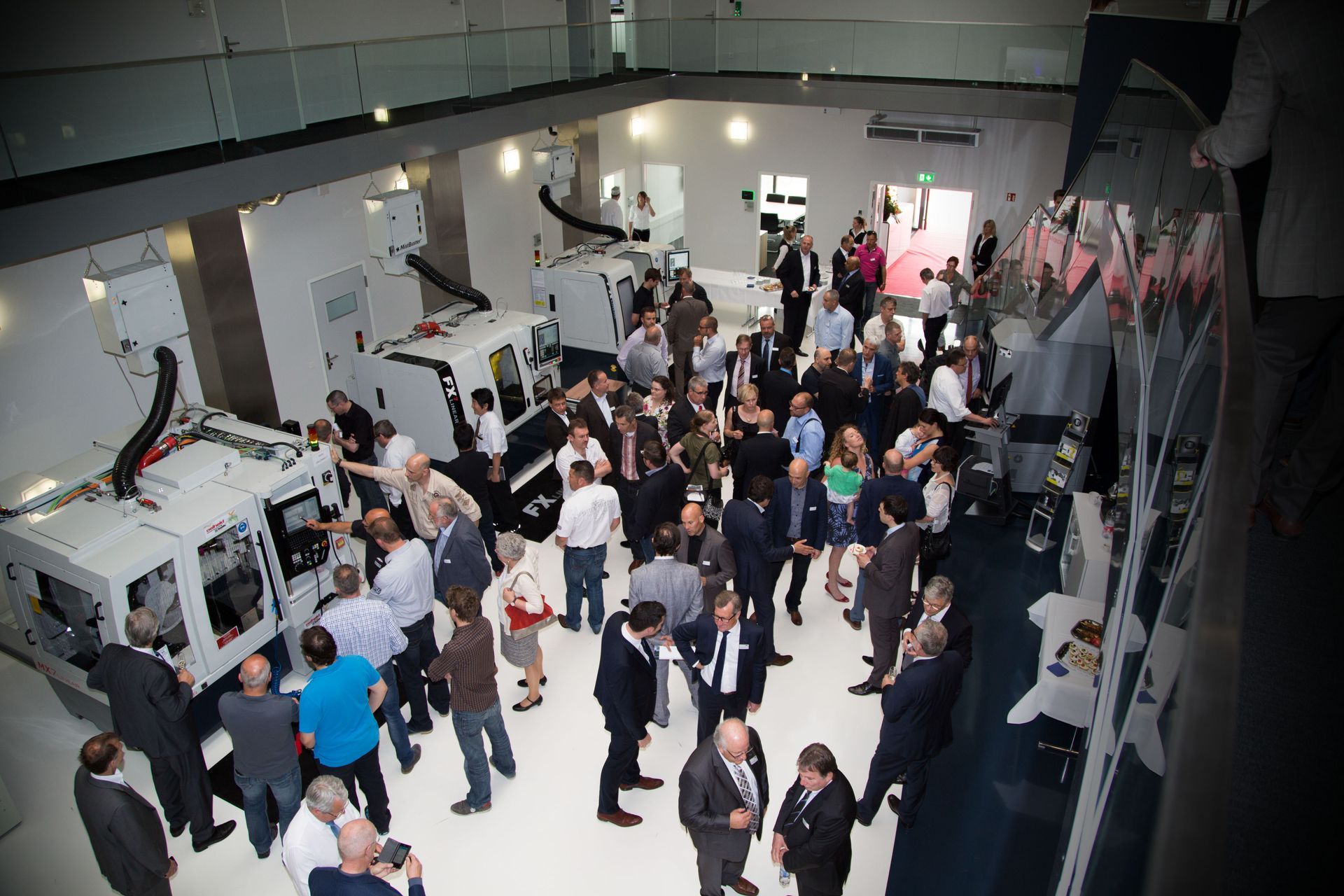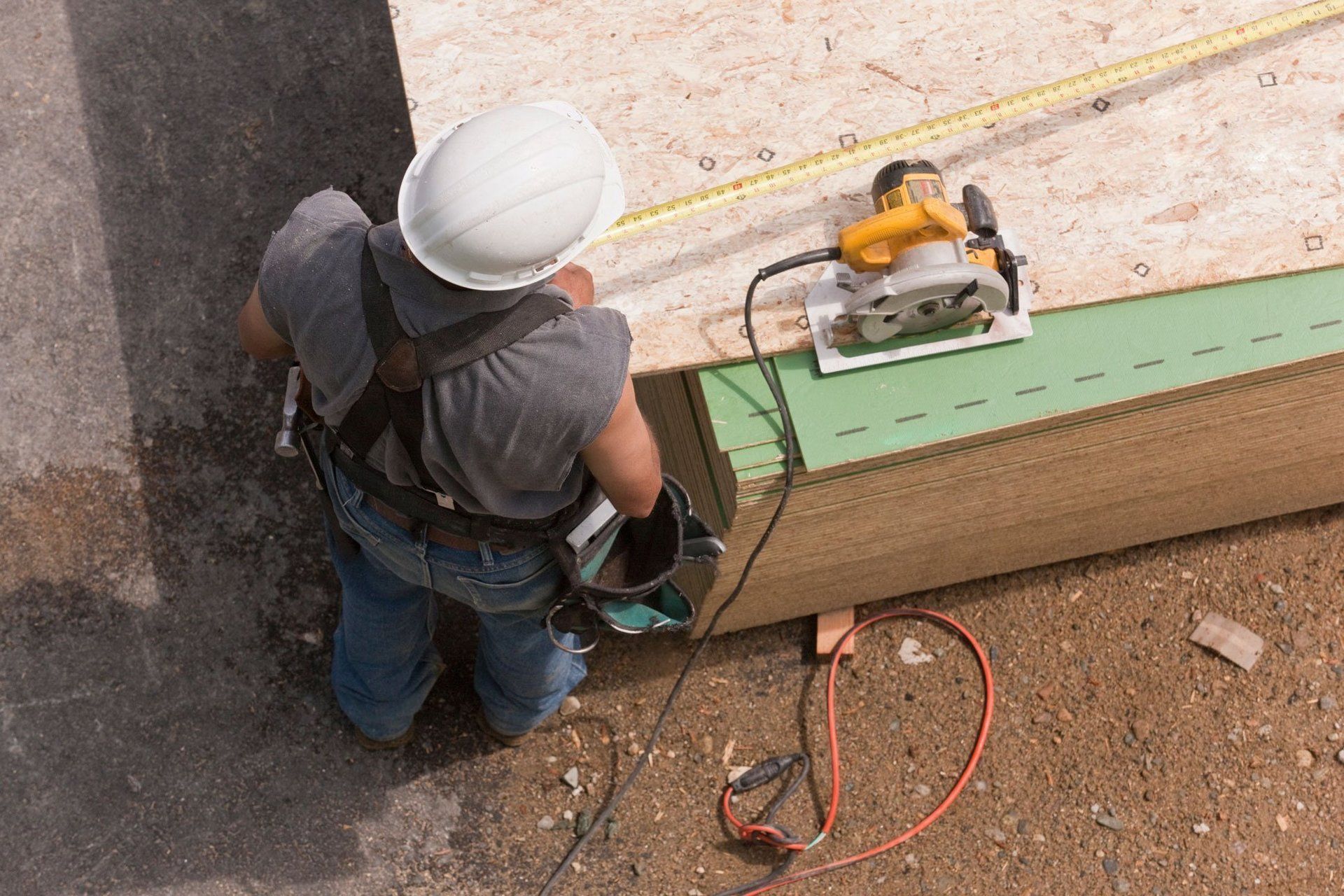MCi Spearheads a Circular Carbon Economy through Mineral Carbonation Technology
Australia-based global cleantech developer Mineral Carbonation International (MCi) uses industrial carbon waste to open up profitable pathways towards 2050
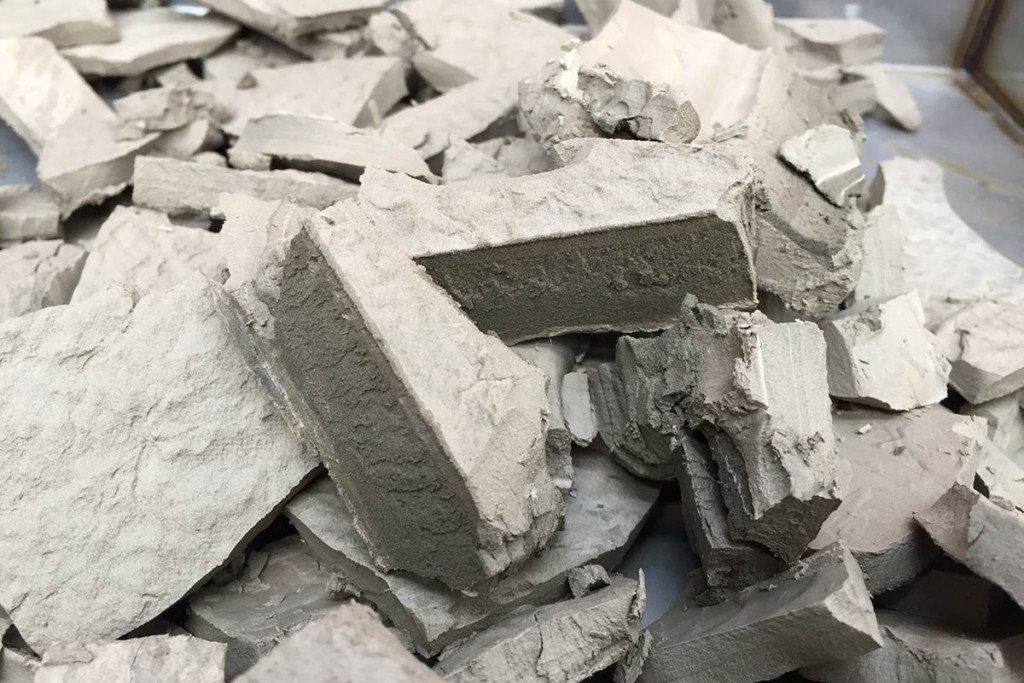
MCi is ready to lead Australia and the world in a new way within an emerging carbon product market. This entails Carbon Capture and Use (CCU), where the value in carbon rich industrial waste is recognised and used to produce materials required for producing products like bricks and plasterboard. This means a Circular Carbon Economy, where profit is key.
The win in Glasgow
It’s not difficult to understand why MCi won the COP26 Clean Energy Start-up Pitch Battle in Glasgow on November 3, 2021.
I managed to get a word in with CEO Marcus Dawe shortly after this prestigious victory –
DP –This is such an exciting win for Australia, what does this mean for MCi’s plans to go global, or will your focus remain on your Australian projects first?
MD - Definitely Australia first. We’re in an amazing position of demand - we’re being inundated with interest from around the world because our technology is an enabler for a whole new carbon industry. But we want Australia to have the first mover advantage.
DP – I heard you speak on ATSE’s recent Innovation Nation: Sustainability webinar and was excited to learn that you’re tackling big industrial wastes, including mine sludge and flue gas?
MD - Yes exactly. When I started 15 years ago I asked, What will the world need by 2020 (and after that by 2050), recognising it takes 20 years to develop a new technology.
This may prove to be a defining moment for Australian innovation. MCi is nevertheless a great Australian startup success story with vision being realised after years of funding and partnerships by universities, government and industry.
The technology and the products
MCi’s mineral carbonation technology mimics and accelerates the Earth’s natural weathering process, combining CO2 with low grade minerals to make inert carbonates (similar to common baking soda). These carbonates are the valuable materials which can be used in the manufacturing processes of green building products, and other products for industrial, commercial and consumer use.
Think bricks, plasterboard, cements and concretes. But it doesn’t stop there, with carpets, tyres and even laundry detergent in scope. Mineral Carbonation technology can produce an artificial limestone carbonate which can replace carbon rich limestone when manufacturing a range of building products. Our houses may become increasingly “green” in the near future, inside and out. Artificial limestone can be used when manufacturing glass, carpets, and laundry detergents. Similarly, artificial silicone can replace silicone when manufacturing tyres.
Are there more applications to be discovered where captured carbon waste can be put to good use? When one considers this, it’s clear that CEO Marcus Dawe and COO Sophia Hamblin Wang are onto something when they call their technology and business model “a high intensity enabler for a circular economy”.
Circular Carbon Economy
It’s about putting carbon to good use after safely removing, locking away and avoiding it. In fact, the road to their Glasgow victory was “paved with MCi’s low carbon cement”. Sophia Hamblin Wang boarded the plane to Glasgow carrying 50 low carbon bricks and a piece of plasterboard in her suitcase.
MCi has a vision to lock away a billion tons of CO2 into products by 2040. Their business model provides industries with a profitable pathway for CO2 removal in an emerging global carbon product market currently estimated at US$6 trillion.
New Federal Government grant, MCi Pilot Plant and Global Partnership
The year 2021 has proved to be a significant one for MCi, with technology that is first of its kind in Australia, and the world.
In May, MCi announced a partnership with Japanese giant ITOCHU Corporation, a move which will see the integration of MCi’s technology into ITOCHU’s Global Network. The signed Memorandum of Understanding (MoU) gives ITOCHU rights to identify and develop market applications for MCi’s technology with Japanese groups. ITOCHU has bases in 62 countries.
In June, MCi was awarded a $14.6 million grant by the Minister for Energy and Emissions Reduction Angus Taylor, from the inaugural Carbon Capture, Use and Storage (CCUS) Development Fund. The MCi project titled ‘Australian CCU Flagship: Demonstrating decarbonisation for heavy industry’ was one of the largest individual grants awarded. Proceeds from the grant have been directed towards the construction of a world-first mineral carbonation mobile demonstration plant in Newcastle, New South Wales. “The MCi Carbon Plant” is being built on Orica’s Kooragang Island site, which means direct access to approximately 250 thousand tonnes of captured CO2.
This plant was ready to produce the samples of bricks and plasterboard to take to Glasgow and is set to produce materials used in manufacturing and construction, including concrete fire-retardant materials. It is expected that MCi Carbon Plants could scale up to several million tonnes of CO2 conversion and removal in any suitable industrial site. This scale will be determined once the final pilot studies and engineering designs are completed in 2021.
This pilot plant follows the mineral carbonation research pilot plant at the University of Newcastle (UoN) established in 2013, following six years of R&D undertaken by the UoN, GreenMag Group (founded by Dawe in 2007;MCi was founded in 2012) and industry partner Orica. At the time, Orica had already been capturing some of its CO2 emissions at its Kooragang Island manufacturing facility. They found MCi’s technology to provide safe and sustainable solutions and proceeded to provide technical expertise and commitment to support the technology’s development. This pilot plant saw MCi commence operation of its carbon conversion reactor in 2016.
The road ahead
If low carbon bricks paved the way toward international recognition in Glasgow, what’s next? MCi is entering a significant business development phase, where distinct business skills and massive scale-up will be key.
It’s likely to be a case of “opportunity dances with those already on the dance floor[1]”; MCi is a mover and shaker to watch.
[1] H. Jackson Brown, Jr.

